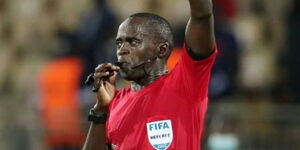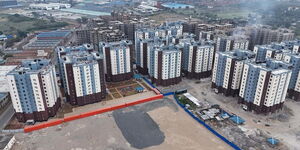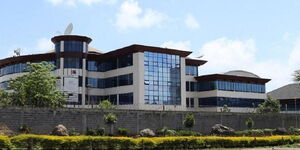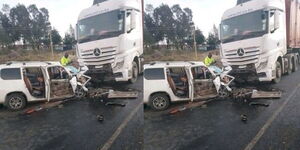Kenya picked a leaf from other countries such as China and Israel when narrowing down on suspected coronavirus cases in the country.
One of the key accessories the government settled on for the fight against the pandemic was the mobile phone which is at the heart of state surveillance efforts.
A report by the Daily Nation on Sunday, April 5, revealed that mobile phone tracking comes into play once the state sets its sights on a potential coronavirus case.
A senior state official who spoke to the publication stated that the surveillance continues until the government clears the identified risk of all suspicion.
While the country provides for the right to privacy, the state allegedly circumvents this through signatures appended on forms that travellers are required to fill out before being allowed entry into the country.
Once these forms are duly signed, the appointed security agents are given the leeway to track the travellers' phones.
A Ministry of Health official revealed to the publication that at least five people suspected of being infected with the virus who had attempted to hide from authorities had been tracked through this means.
Illustrating the effectiveness of the surveillance apparatus, the official highlighted the case of one patient who led the police in a frantic chase before he was finally found through the assistance of state intelligence agencies.
“She arrived in the country on the same flight from London as the first patient but ignored calls by Ministry of Health officials to go for testing. She lied about her locations and refused to answer calls,” provided the official.
The surveillance efforts by the state are conducted by a special team drawn from a number of security agencies working together with the Ministry of Health and the Ministry of Interior.
Mobile phone companies are also enjoined in the surveillance efforts through the triangulation of contacts once a suspected case is flagged.
The triangulation basically involves the identification of people the suspect has spoken to on the phone who are then narrowed down using cellular mast networks to establish close proximity.
Mobility Reports
Google has also made its mark on the tracking front through the launch of its community mobility reports.
The reports are meant to map the movement of populations in order to inform better Covid-19 policy.
"The reports chart movement trends over time by geography, across different categories of places such as retail and recreation, groceries and pharmacies, parks, transit stations, workplaces, and residential," reads a statement by Google.
The reports are broken down by location and display the changing patterns in peoples' movements to given locations.
Kenya's Mobility Report for March 29, for instance, showed a 45% decline in visits to retail and recreations centres such as restaurants and shopping centres.
Reduction in movements to workplaces however only accounted for a 22% decline.
The only increase reported was in the number of people who frequented places of residence, an increase of 17%.
The use of surveillance technology across the globe has raised concerns that the pandemic could pave the way for greater government surveillance even beyond the crisis.
State actors have, however, argued that the virus poses a significantly greater risk and should be addressed through any means available.












